Venezuela’s largest independent newspaper will stop circulating in print after Dec. 14 and will turn its attention to its website.
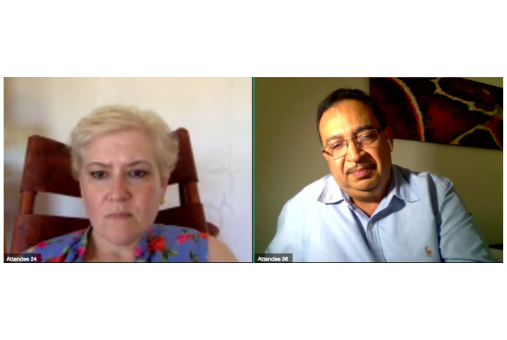
Independent media in Nicaragua need technical resources, an international forum and greater visibility in the international press to guarantee the continuity of their work and to attract the attention of the world to the critical situation that journalists are experiencing in the country.
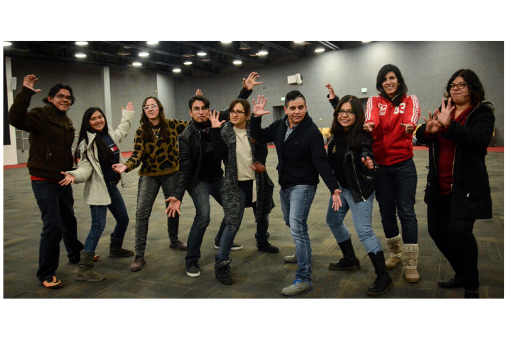
Mexican site Lado B, of Puebla, was born seven years ago with the objective of telling stories of people who are not usually within the purview of conventional newspapers. However, it is also a site that continues to be critical of those in power.
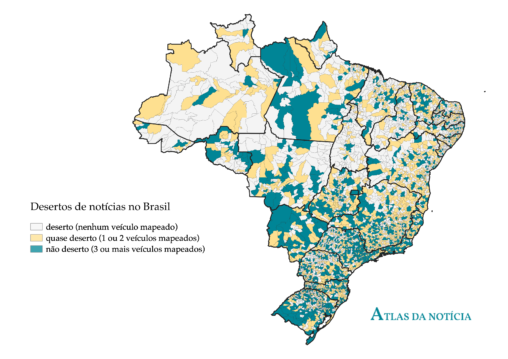
At least 30 percent of Brazilian municipalities run the risk of becoming "news deserts," areas without local news coverage.

For Brazilian journalists, the ability to keep their identity secret when requesting public data through the Law of Access to Information (LAI) has become easier recently.
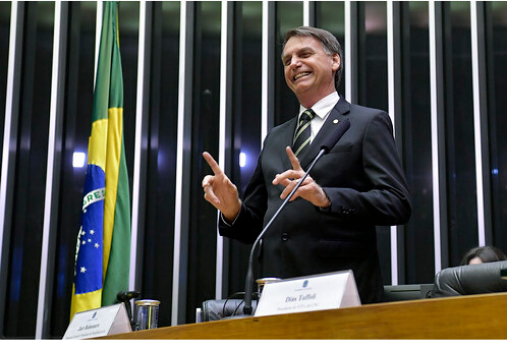
A presidential candidate, soon-to-be president-elect, launches repeated attacks on press outlets critical of his proposals and his actions, accusing everything he does not like of being false.
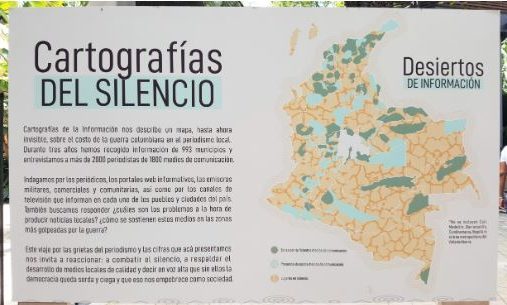
When the peace process with the Revolutionary Armed Forces of Colombia (FARC, for its initials in Spanish) began in 2015, the team at the country's Foundation for Press Freedom (FLIP) wanted to measure the armed conflict's impact on local journalism.
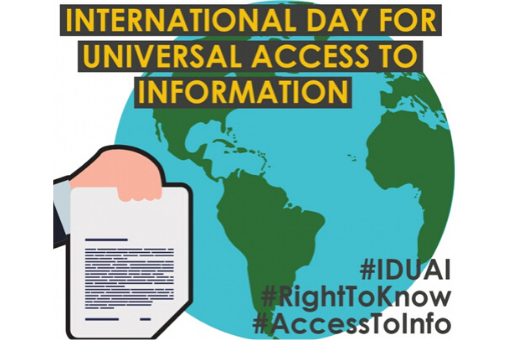
For the third year, Sept. 28 is being celebrated around the world as the International Day for Universal Access to Information.
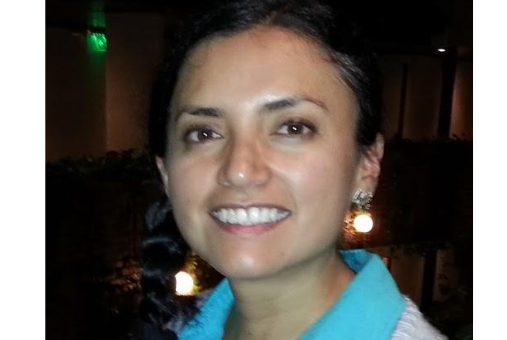
Data verification, or fact-checking, of facts of public interest and declarations of public figures has become a worldwide trend. This practice goes back to one of the basic principles of journalism, like the contrasting of sources.
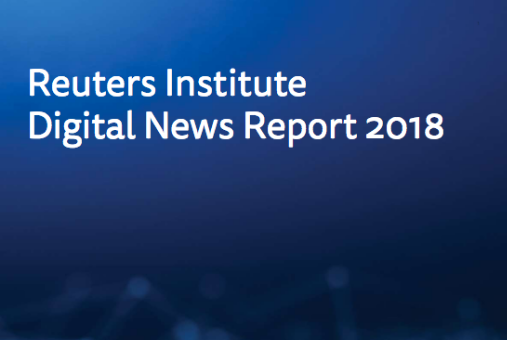
The 2018 Digital News Report from the Reuters Institute for the Study of Journalism (RISJ) surveyed four Latin American countries and found that in each case, a majority of respondents are accessing their news from their smartphones.
Educators and journalists in Spanish-speaking countries now have access to a free ebook compiling country case studies on journalism education, as well as lessons from journalism educators around the world.
Venezuela’s National Telecommunications Commission (Conatel) has set its eyes on television network Globovisión, making it the second media outlet in four days to be put on notice that it must refrain from disseminating messages that disregard the country’s authorities.